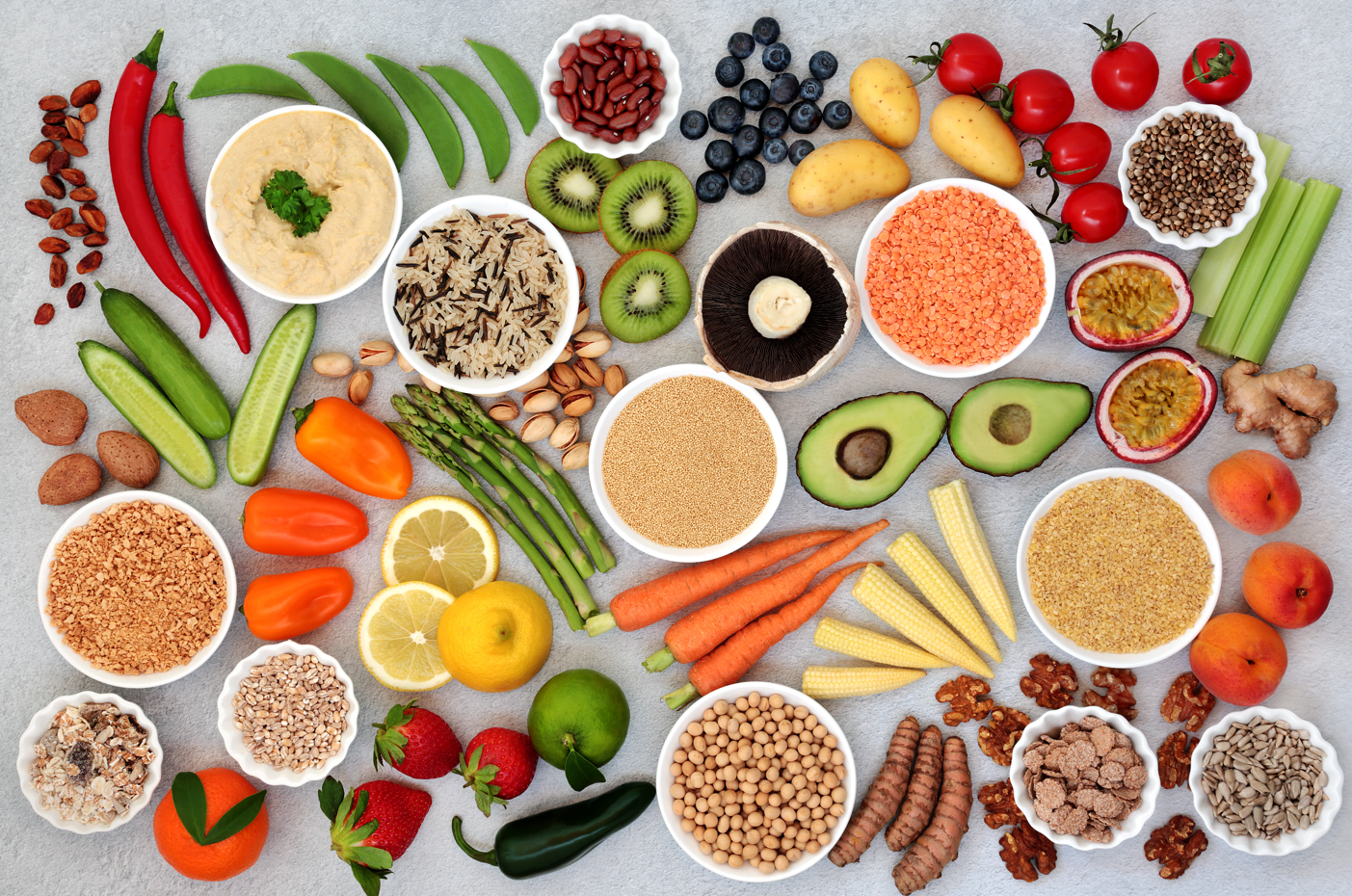Whole food recipes for better gut health help you nourish your digestive system naturally. Using fiber-rich foods, probiotic ingredients, and plant-based meals supports the growth of healthy gut bacteria. Fresh fruits and vegetables, whole grains, and fermented foods like yogurt and sauerkraut improve digestion while reducing bloating. Cooking at home with unprocessed ingredients ensures better nutrient absorption and fewer additives that harm gut flora. These recipes are designed to provide balanced nutrition, steady energy, and a strong immune system. By focusing on natural, gut-friendly foods, you can enjoy meals that taste great and work to improve digestive wellness every day.

Why Whole Foods Matter for Gut Health
Whole foods are unprocessed or minimally processed, meaning they keep their natural fiber, vitamins, and minerals intact. These nutrients feed beneficial gut bacteria, helping maintain a balanced microbiome. Fiber from vegetables, legumes, and grains acts as prebiotics, which support probiotic activity. Avoiding refined sugars and artificial additives reduces harmful bacterial overgrowth. Whole foods also provide antioxidants that reduce inflammation in the digestive tract. By replacing processed snacks with fresh produce or whole grain recipes, you give your gut the building blocks it needs for optimal function and overall wellness.
Fiber-Packed Breakfast Ideas
Start your day with fiber-rich breakfasts that keep your digestion active. Overnight oats made with rolled oats, chia seeds, almond milk, and fresh berries supply both soluble and insoluble fiber. Smoothies with leafy greens, banana, flaxseed, and kefir add probiotics and prebiotics in one meal. Whole grain toast topped with avocado and a sprinkle of pumpkin seeds provides healthy fats and gut-friendly fiber. These morning whole food recipes support regularity, improve satiety, and help you maintain energy throughout the day.

Probiotic-Powered Lunch Recipes
Probiotic-rich meals at lunch keep your gut microbiome thriving. Try a quinoa salad with sauerkraut, mixed greens, and grilled salmon for protein and live cultures. Whole grain wraps with hummus, fresh veggies, and kimchi combine flavor with digestive benefits. Miso soup with tofu and spinach provides both probiotics and minerals. Including these fermented and fresh elements in your midday meals helps maintain a healthy gut balance and complements the whole food diet for digestive health.
Gut-Friendly Dinner Options
Evening meals should be satisfying yet light enough for easy digestion. A roasted vegetable bowl with sweet potatoes, broccoli, and chickpeas offers fiber and plant protein. Brown rice with steamed greens, tempeh, and tahini dressing combines prebiotics and probiotics for gut health. Baked salmon with quinoa and a side of fermented pickles creates a nutrient-rich dinner. These gut-supportive whole food recipes not only aid digestion but also provide a variety of textures and flavors for an enjoyable end to the day.
Snacks and Sides for Digestive Wellness
Healthy snacking keeps your gut nourished between meals. Homemade trail mix with almonds, walnuts, and dried figs adds fiber and healthy fats. Greek yogurt with fresh fruit offers probiotics and antioxidants. Vegetable sticks with hummus supply plant-based protein and prebiotics. Fermented vegetables like kimchi or pickled carrots can be eaten as sides with main meals to boost gut bacteria diversity. These wholesome snack ideas make it easier to follow a gut-healthy whole food eating plan without relying on processed options.
Hydration and Gut Health
Water plays a vital role in digestion, helping fiber move smoothly through the intestines. Herbal teas like peppermint or ginger support gut comfort and reduce bloating. Fermented drinks such as kombucha provide probiotics while hydrating the body. Limiting sugary beverages and alcohol prevents disruptions in the gut microbiome. Including hydration habits alongside your whole food recipes for digestive wellness ensures your digestive tract functions efficiently. Sipping water throughout the day also complements fiber intake, making it easier to maintain regularity and support nutrient absorption.
